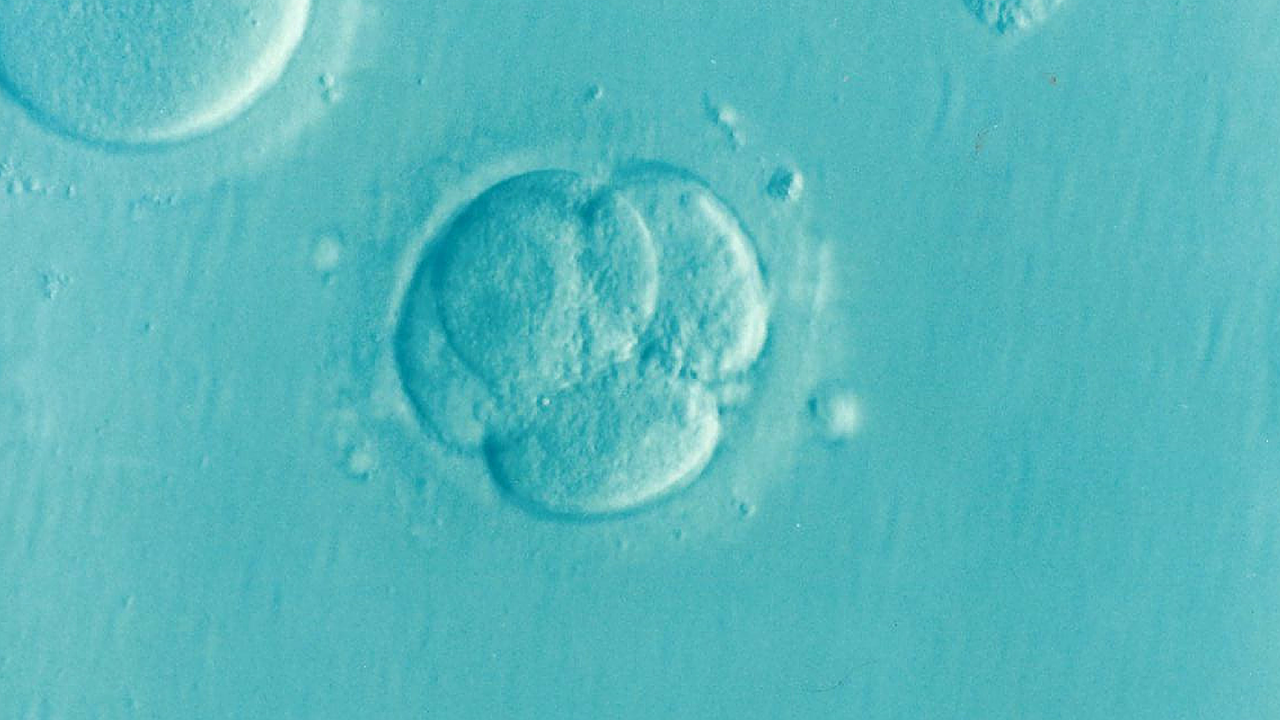Lab tests show risks of using CRISPR gene editing on embryos
By Marilynn Marchione,
Associated Press
| 10. 29. 2020
A lab experiment aimed at fixing defective DNA in human embryos shows what can go wrong with this type of gene editing and why leading scientists say it’s too unsafe to try. In more than half of the cases, the editing caused unintended changes, such as loss of an entire chromosome or big chunks of it.
Columbia University researchers describe their work Thursday in the journal Cell. They used CRISPR-Cas9, the same chemical tool that a Chinese scientist used on embryos in 2018 to help make the world’s first gene-edited babies, which landed him in prison and drew international scorn.
The tool lets scientists cut DNA in a precise spot and has profound potential for good — it’s already used to raise better crops and livestock, holds promise for treating diseases, and earned its discoverers a Nobel Prize earlier this month.
But using it on embryos, sperm, or eggs makes changes that can pass to future generations. Several international panels of scientists and ethicists have said it’s too soon to know whether that can be done safely, and the new...
Related Articles
By Scott Solomon, The MIT Press Reader | 02.12.2026
Chris Mason is a man in a hurry.
“Sometimes walking from the subway to the lab takes too long, so I’ll start running,” he told me over breakfast at a bistro near his home in Brooklyn on a crisp...
By Diaa Hadid and Shweta Desai, NPR | 01.29.2026
MUMBRA, India — The afternoon sun shines on the woman in a commuter-town café, highlighting her almond-shaped eyes and pale skin, a look often sought after by couples who need an egg to have a baby.
"I have good eggs,"...
By George Janes, BioNews | 01.12.2026
A heart attack patient has become the first person to be treated in a clinical trial of an experimental gene therapy, which aims to strengthen blood vessels after coronary bypass surgery.
Coronary artery bypass surgery is performed to treat...
By Staff, ScienceDaily | 01.05.2026
Scientists at UNSW Sydney have developed a new form of CRISPR technology that could make gene therapy safer while also resolving a decades-long debate about how genes are switched off. The research shows that small chemical markers attached to DNA
...




